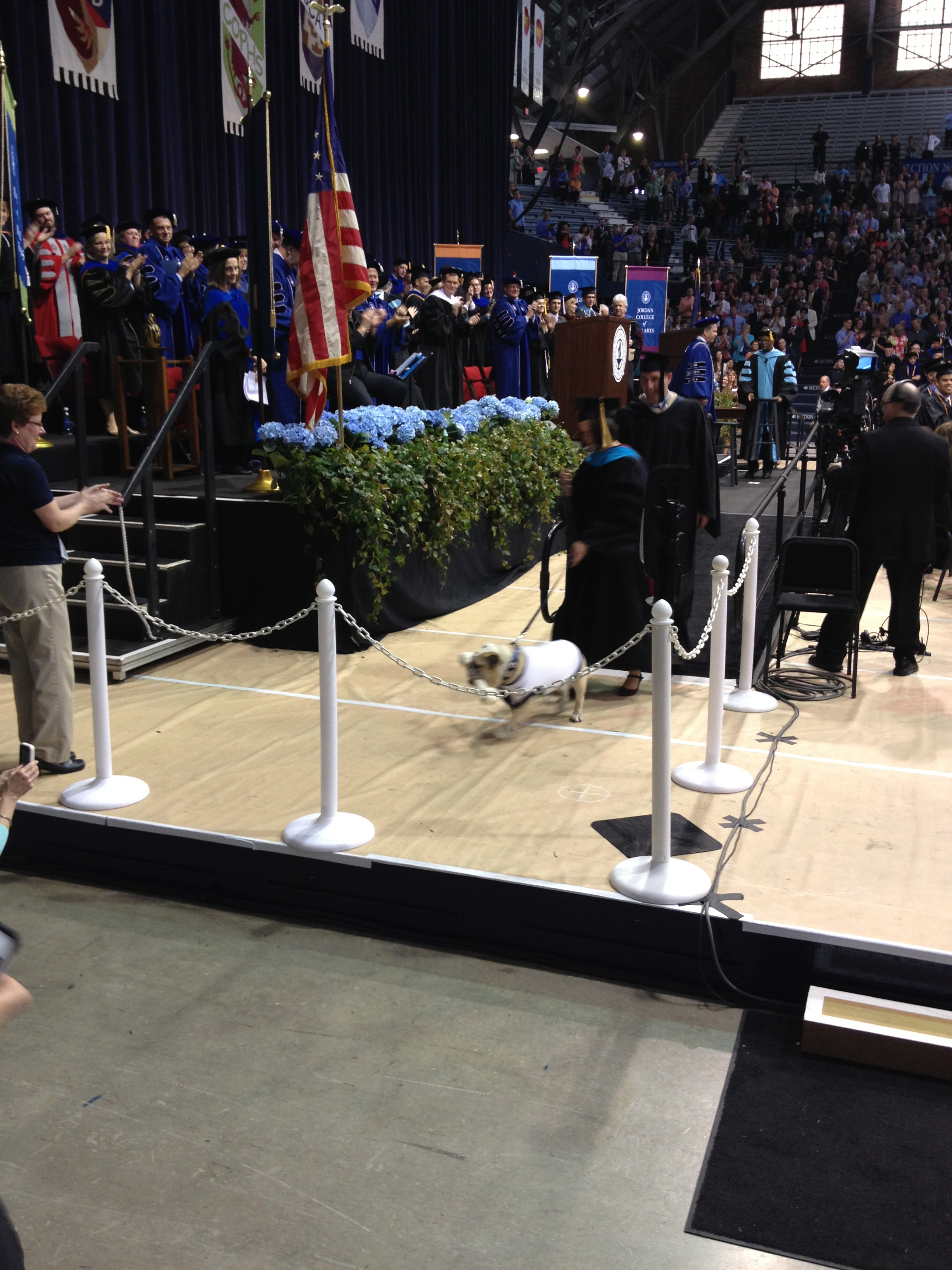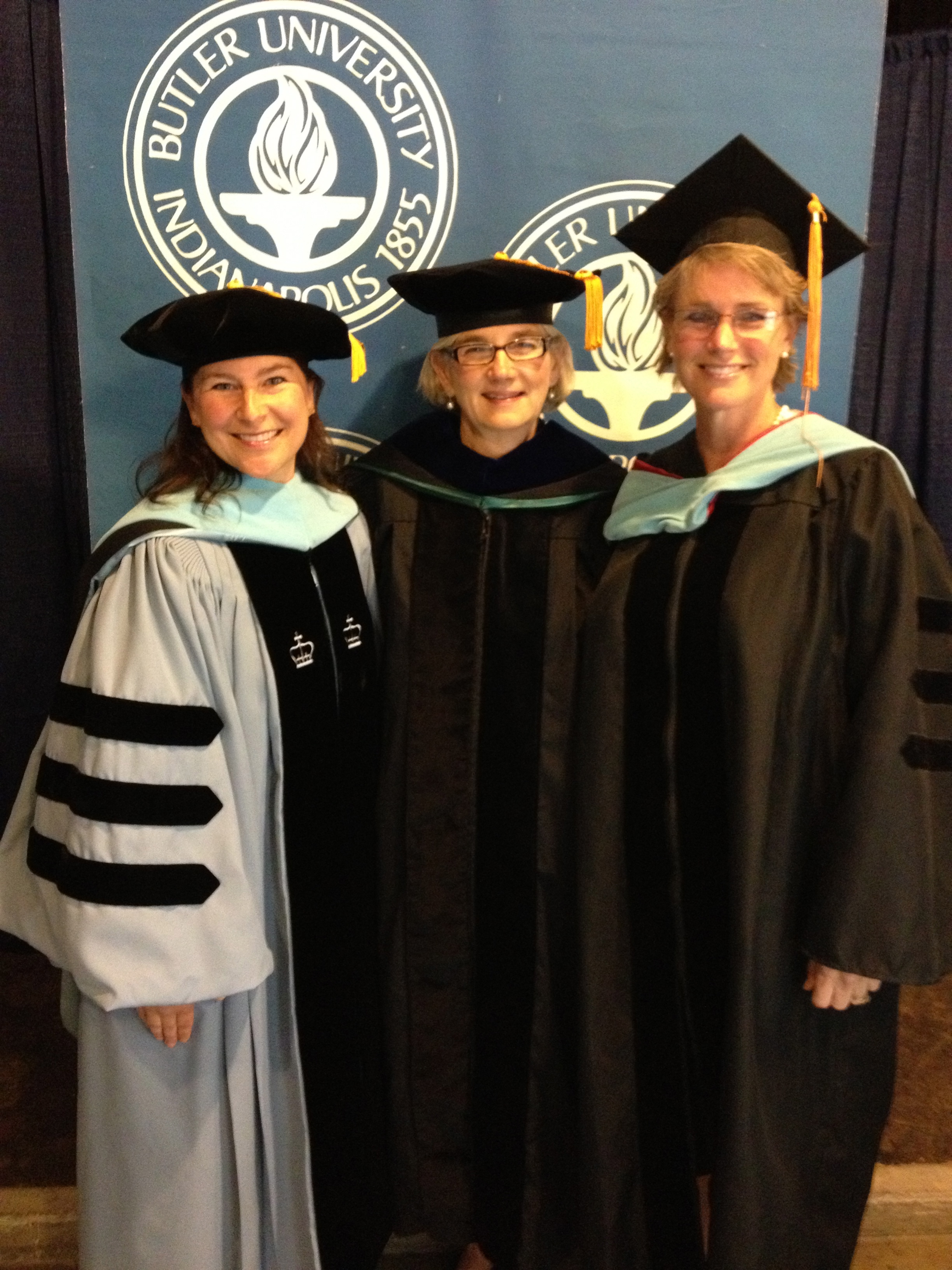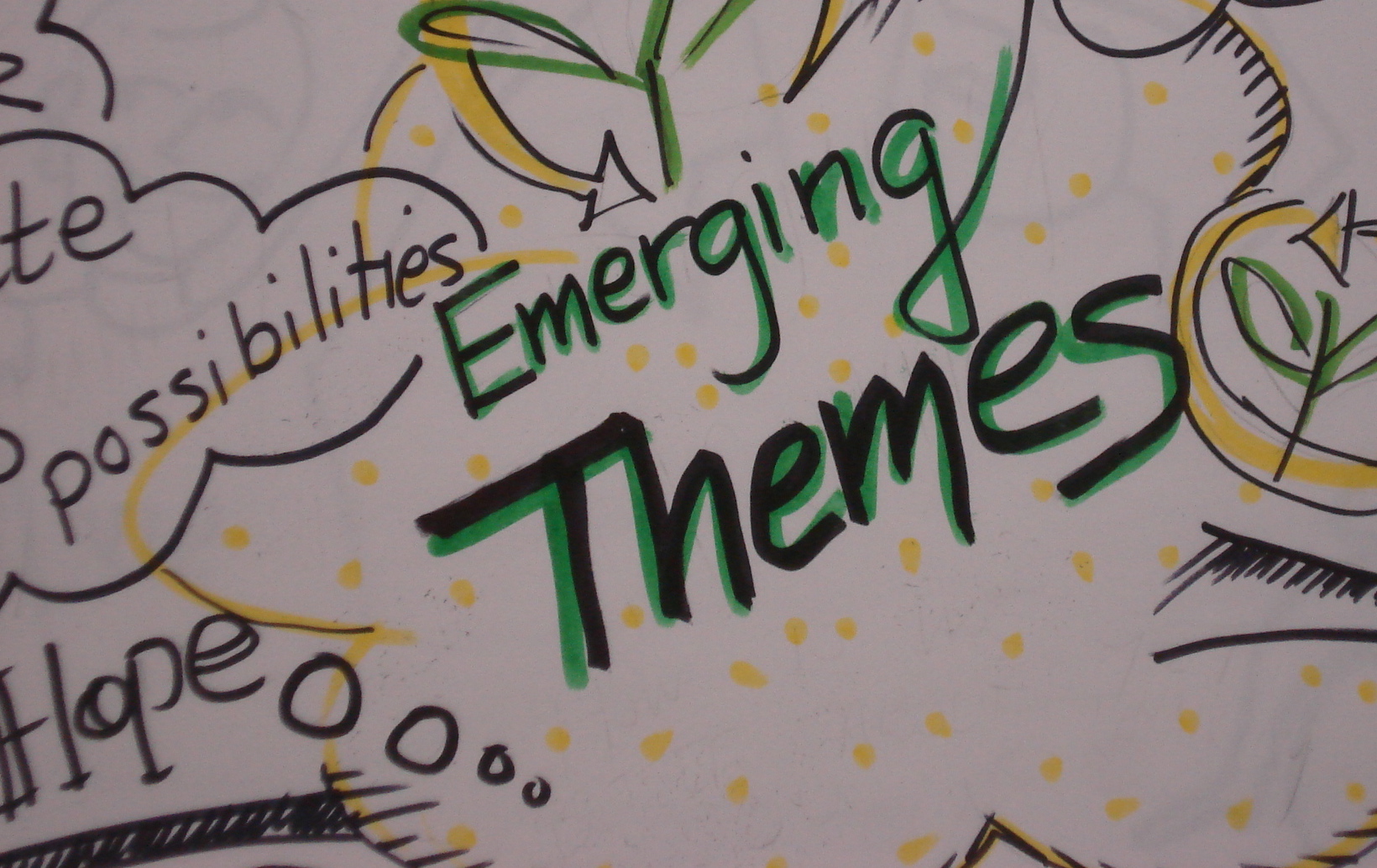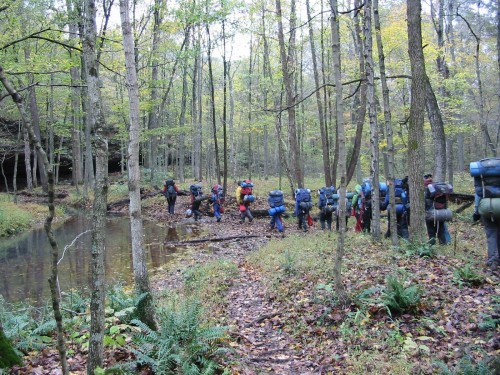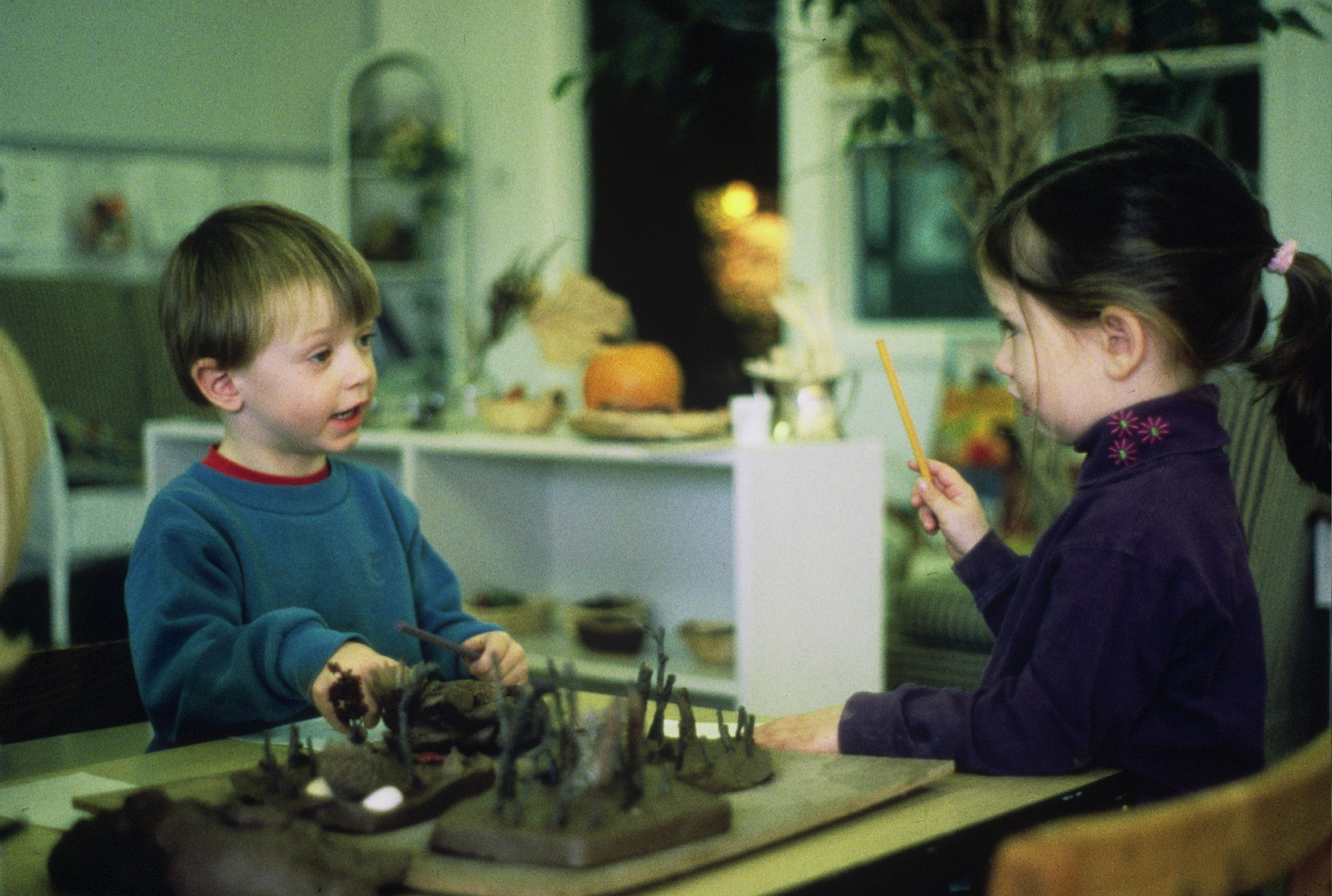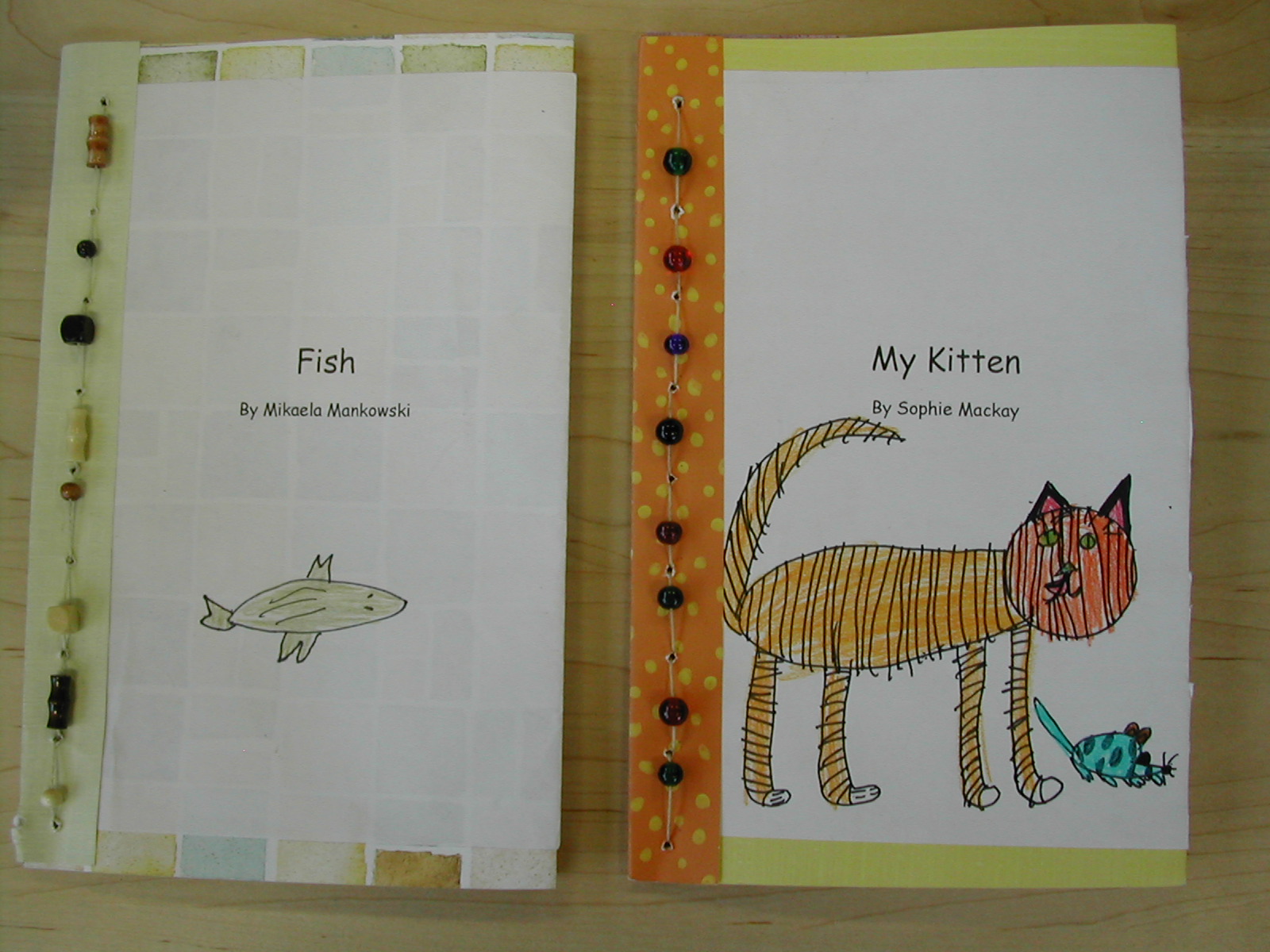 A week ago, Ashley and I were invited to join a most distinguished gathering of New England educators at the home of a friend in Boston. The group assembled to host and to hear from Ellen Hall and Deborah Dumont about a new exhibit that they curated entitled, "Cultivate the Scientist in Every Child." The exhibit is made up of stories of children and adults exploring and discovering the world together, full of wonder and curiosity. The exhibit opened at the University of Colorado Museum of Natural History in January and will soon open at Berry Biodiversity Conservation Center, at the University of Wyoming. The hope is that it will grow and that there will be additions to the stories added by schools and museums along the way.
The exhibit celebrates the work of David and Frances Hawkins and all that they brought to the world of inquiry and science education. All of the educators in the living room last Saturday had somehow been touched by the Hawkins and had stories to tell about why and how. I realized, as I listened, that I was surrounded by many of the influences of my life, both past and present, and that this was all happening in Boston, our new home. As we went around the circle to tell our stories, I was able to identify with fellow students and professors from the program where I earned an M.Ed in 1976 at Lesley University. I hung on every word as Eleanor Duckworth described her work with the Hawkins. Eleanor Duckworth, who I have so long admired that I can't count the years...and I had never met her. Her book, The Having of Wonderful Ideas, has been and will continue to be a seminal, classic book for educators. We heard from Lella Gandini, a dear friend and inspiring colleague, tell of being the interpreter at a conference planned by Loris Malaguzzi in Italy where David Hawkins and Paolo Freire were the featured speakers. We heard from teachers at the Advent School in Boston, a marvelous Reggio inspired school where Ashley and I just visited, and from the educators at both the Reggio inspired Lincoln Nursery School and the deCordova Museum. We heard from our host, Joanne Pressman, former director of the Community Nursery School in Lexington, MA, tell about her work to establish a Hawkins Center for Learning at the school.
A week ago, Ashley and I were invited to join a most distinguished gathering of New England educators at the home of a friend in Boston. The group assembled to host and to hear from Ellen Hall and Deborah Dumont about a new exhibit that they curated entitled, "Cultivate the Scientist in Every Child." The exhibit is made up of stories of children and adults exploring and discovering the world together, full of wonder and curiosity. The exhibit opened at the University of Colorado Museum of Natural History in January and will soon open at Berry Biodiversity Conservation Center, at the University of Wyoming. The hope is that it will grow and that there will be additions to the stories added by schools and museums along the way.
The exhibit celebrates the work of David and Frances Hawkins and all that they brought to the world of inquiry and science education. All of the educators in the living room last Saturday had somehow been touched by the Hawkins and had stories to tell about why and how. I realized, as I listened, that I was surrounded by many of the influences of my life, both past and present, and that this was all happening in Boston, our new home. As we went around the circle to tell our stories, I was able to identify with fellow students and professors from the program where I earned an M.Ed in 1976 at Lesley University. I hung on every word as Eleanor Duckworth described her work with the Hawkins. Eleanor Duckworth, who I have so long admired that I can't count the years...and I had never met her. Her book, The Having of Wonderful Ideas, has been and will continue to be a seminal, classic book for educators. We heard from Lella Gandini, a dear friend and inspiring colleague, tell of being the interpreter at a conference planned by Loris Malaguzzi in Italy where David Hawkins and Paolo Freire were the featured speakers. We heard from teachers at the Advent School in Boston, a marvelous Reggio inspired school where Ashley and I just visited, and from the educators at both the Reggio inspired Lincoln Nursery School and the deCordova Museum. We heard from our host, Joanne Pressman, former director of the Community Nursery School in Lexington, MA, tell about her work to establish a Hawkins Center for Learning at the school.
David and Frances Hawkins lived in Boulder, Colorado and for many years, so did Ellen Hall. This is where she founded Boulder Journey School. That they all lived in Boulder is one of the reasons that Ellen is so captivated by the work of the Hawkins; another compelling motivation is that David is among the educators who influenced the development of the schools in Reggio Emilia, Italy. Ellen wanted to make the Hawkins' contribution to teaching and learning visible and to bring these vital ideas to life through stories in an accessible and lively way. If you are in Wyoming, you will have a chance to see the exhibit this summer. If not, you can follow the exhibit schedule or make a plan to host it yourself. It is free of charge. To find out more, contact Hawkins Centers for Learning. Thank you, Ellen and Deborah, and all the educators who are working hard to keep the dream of the wonder of learning alive for children and for all of us.



